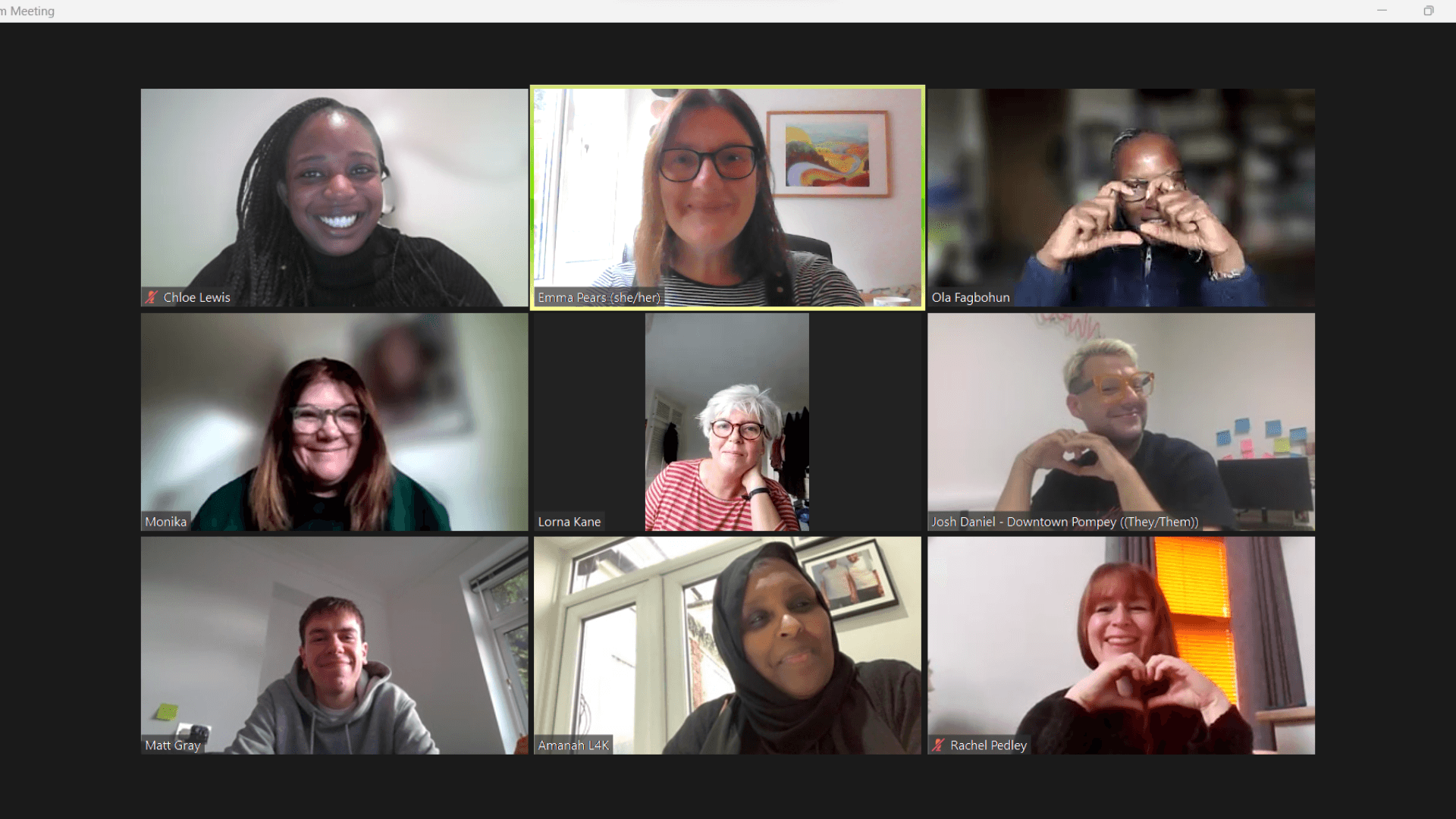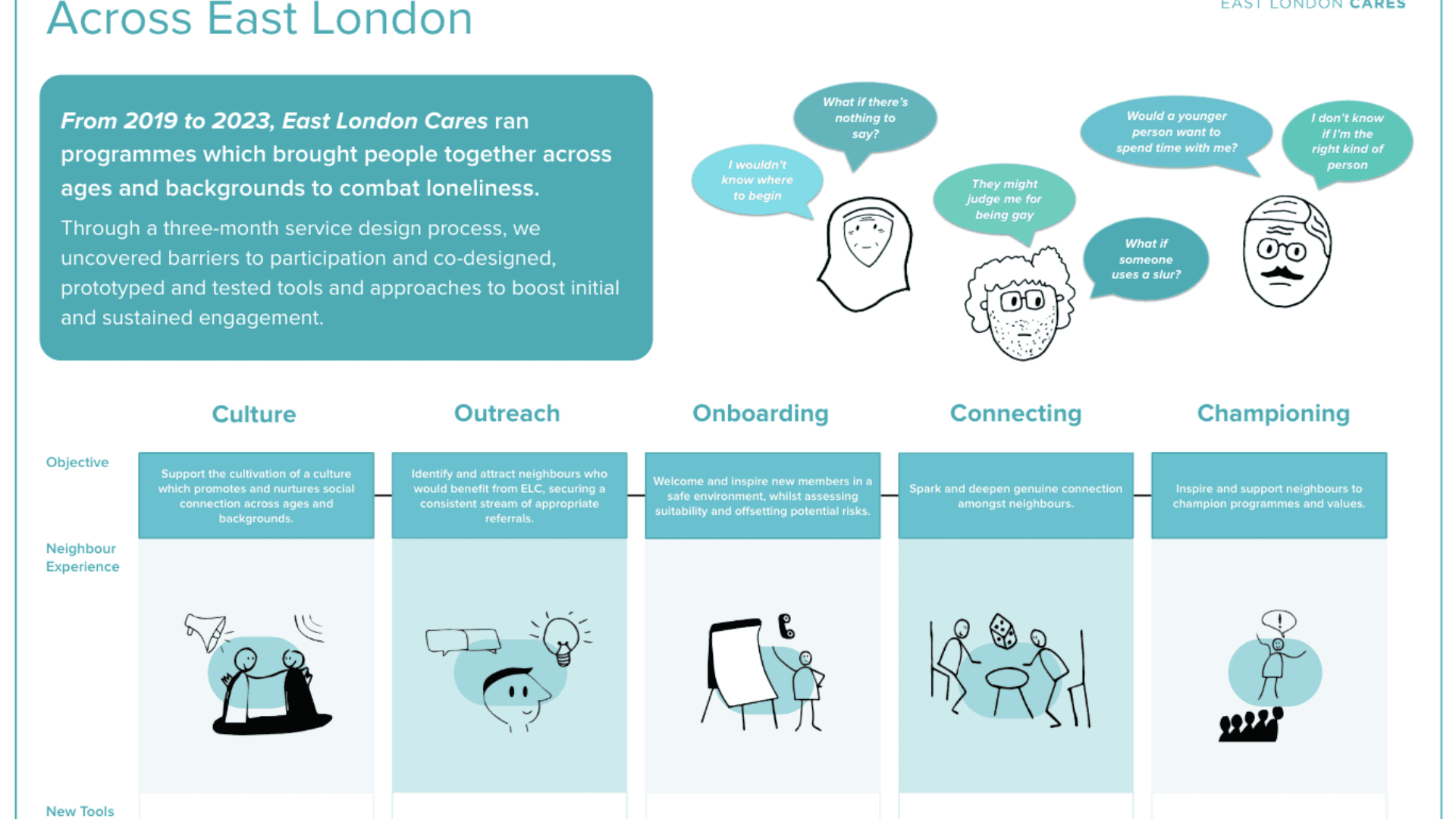
A stranger, soon a friend
Posted by The Cares Family on 16th June 2019
Please note: this post is 69 months old and The Cares Family is no longer operational. This post is shared for information only
I always viewed the term ‘community’ as a buzzword. It never really held much personal meaning for me. It was something constantly repeated at school and, later, in sixth form assemblies. But someone talking at you will never truly help you see the deeper meaning of community. For that, you have to experience it.
For me, it was volunteering with Solidarity Sports – working with families and children in my home neighbourhoods in west London – that first gave me that experience. We were all hit with shock and grief when, just down the road, the Grenfell Tower fire happened and we sadly lost Firdaws, Yahya, Yaqub, Nura and Hashim, a close-knit family who were loved by the charity.
Looking back at the few months after the tragedy, it was a time where people were breaking cultural norms and embracing their trust in one another, rather than the power structures that were supposed to serve in the people’s interest. The experience strengthened us as people and the community as a whole. It also led to Solidarity Sports setting up The Hashim Family Legacy to honour our friends’ lives. Realising that we have power among us – and rejecting that power could lie over us – is how we strengthened ties with each other.
Living in a society where individualism is the norm, it takes a lot for someone to admit to how reliant we are on one another. We place pressure on ourselves to justify our actions and emotions and if a reason for feeling a certain way doesn’t suffice or satisfy, we often suppress the feeling and move on.
Maybe that’s part of how I’d felt about community when I was at school. But when I moved away from my home in west London to university in Brighton, and I felt lonely for the first time, I gave myself permission to cry – and then to connect. Because I learned that self-care doesn’t just come in the form of physical wellbeing and maintenance. Rather, it comes from creating a mindset in which we can be kind to ourselves – honest, open, vulnerable – and through that to be compassionate towards others too.
Understanding that we can all be lonely, even when surrounded by people, took me some time. At Freshers’ Week socials, I constantly asked myself, “why am I unhappy?” Naturally, self-doubt can creep in when everyone and everything is telling you these are supposed to be the best times of your life. Initially, as a defence mechanism, I shut myself out from the world I’d entered as I knew I was different to the majority. I was so aware of myself and the lack of similarities I shared with people around me that I felt it would be easier to be on my own. But I soon realised I was focusing on differences rather than similarities, and that this was leading me to further isolation.
Within a couple of months at university, away from that first community I’d felt back in west London, I realised that self-imposed isolation couldn’t work – that I needed something more. I needed a sense of belonging and reassurance that I can have a space in a new, hectic environment. So while I knew that differences shouldn’t be dismissed – that they should be celebrated – I learned that I should also seek community, rather than comparison, in my new world.
I joined societies with like minded people and people from similar areas to mine in London, and with people with different backgrounds and life stories too. I went to the prayer room in between lectures and received “Salaams”. Finding that community is what cured my homesickness. It gave me hope that I could find a place here. And it gave me an opportunity to learn about other people, and vice versa.
Vulnerability is something I’ve come to respect and admire in people. It takes a lot for someone to pluck up the courage to have that first conversation. The first person I spoke to at university who wasn’t a housemate of mine was a girl on the bus. She overheard a conversation I was having about a freshers’ event and asked if she could come. The nerves she tried to hide as she stumbled over her words made me instantly appreciate her genuine nature and the bravery she showed simply to start a conversation. We’re close friends now, and we’re going to share a flat next year.
Too often, though, those little interactions can go unnoticed. A “Good morning” from a stranger can seem so foreign to someone from west London – but on campus, where the nearest town is three miles away, you appreciate the little gestures. To maximise the meaning of those little gestures, we need to change the way vulnerability is spoken about. We need to put ourselves out there, to go out of our way to say a simple hello, abandoning the fear of rejection and “what ifs?”. Because it can mean the world to someone who is constantly doubting whether they belong.
It’s those little things that have added to my university experiences so far. What I will remember are the small but significant moments of catching someone from class at the campus shop and sharing snacks, or simply meeting someone’s eye and smiling at a stranger. Though we might not always admit it, those moments require bravery. But before long – once we are open with one another, our stories and ourselves – it becomes part of our nature to willingly open up a conversation with a stranger, soon to be friend; and to feel strength and resilience in the power of the collective, of connection and of community.
Hadeel Elshak is an activist with charities including Forward and Solidarity Sports, and a writer who has been published on websites including Gal-Dem. In 2018 she won the Media Trust’s Breaking Into News prize. She is currently studying International Development at the University of Sussex.
This article is part of the pamphlet Finding connection in a disconnected age: stories of community in a time of change, published in partnership with Nesta.


